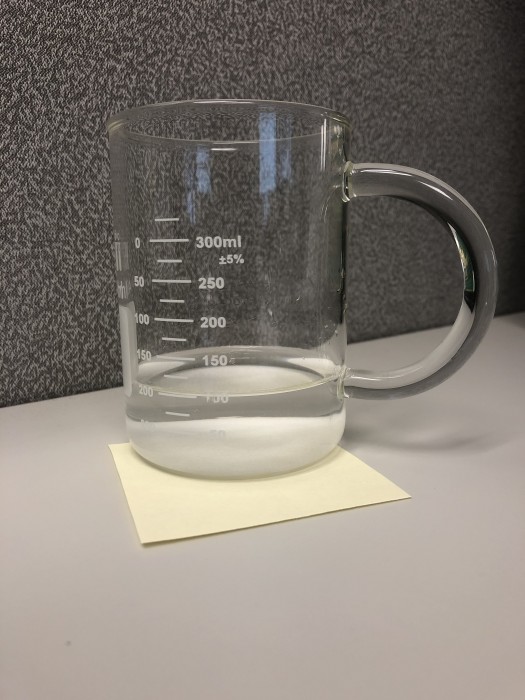Solubility is the ability of one substance to dissolve into another substance. There are two ways to think of solder alloy solubility: one is when the alloy is created, and the other is when you are soldering with the alloy.
When the alloy is being created, the two (or more) elements must be soluble in each other to form an alloy with the correct composition. If they don’t mix/diffuse well enough then you will get pockets of the individual metals within the solidified product. Some of the common metals that make up solder alloys are: Sn (tin), Pb (lead), Ag (silver), Cu (copper), In (indium), Bi (bismuth), Au (gold), and Sb (antimony).
During soldering, solubility is determined by the diffusion of the alloy into the metallization. There are different rates of solubility/diffusion of solder alloys into substrates. For example, In diffuses at a different (slower) rate than Sn into Cu. There are some alloys that won’t diffuse into metallizations at all. BiPb won’t diffuse into Cu since neither Sn or In are present in that alloy.
The various metals mixed in different compositions result in different alloy solubilities. If you have more questions please feel free to reach out to me or email Askus@indium.com.


